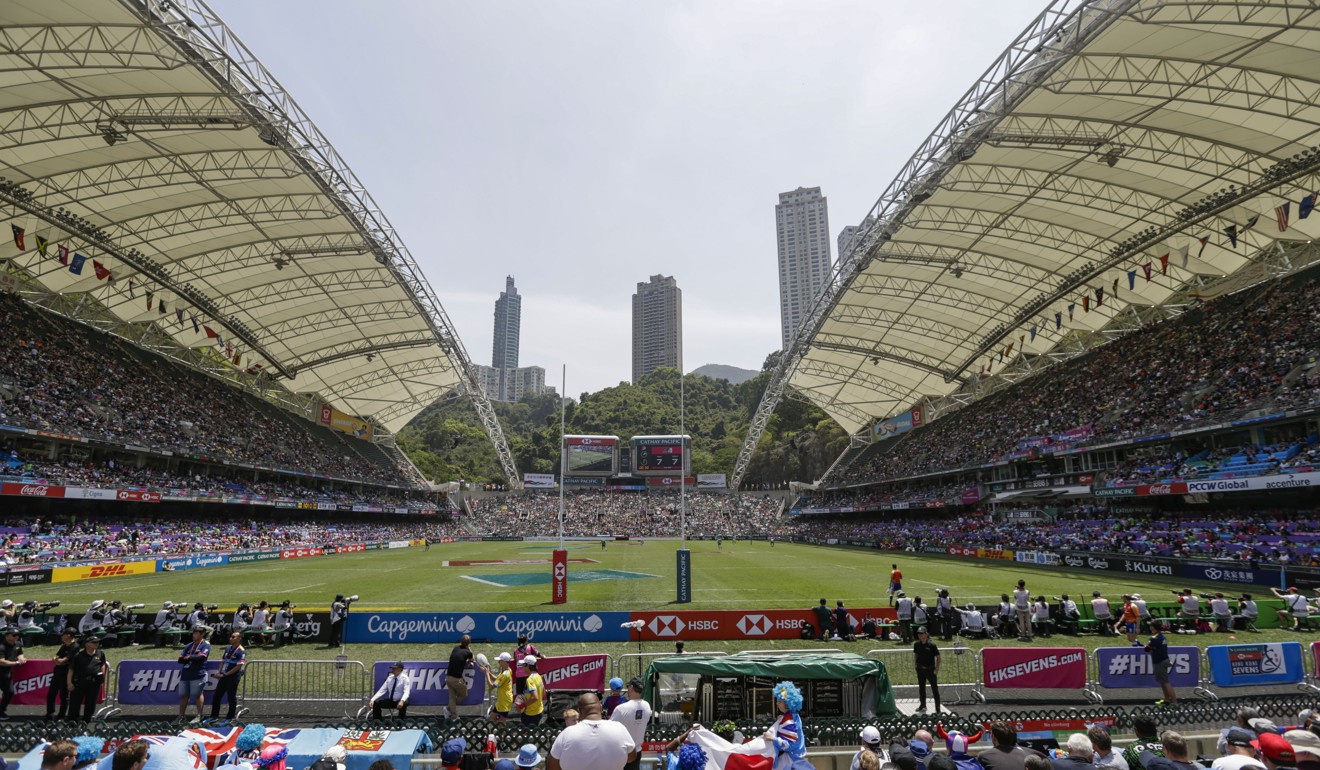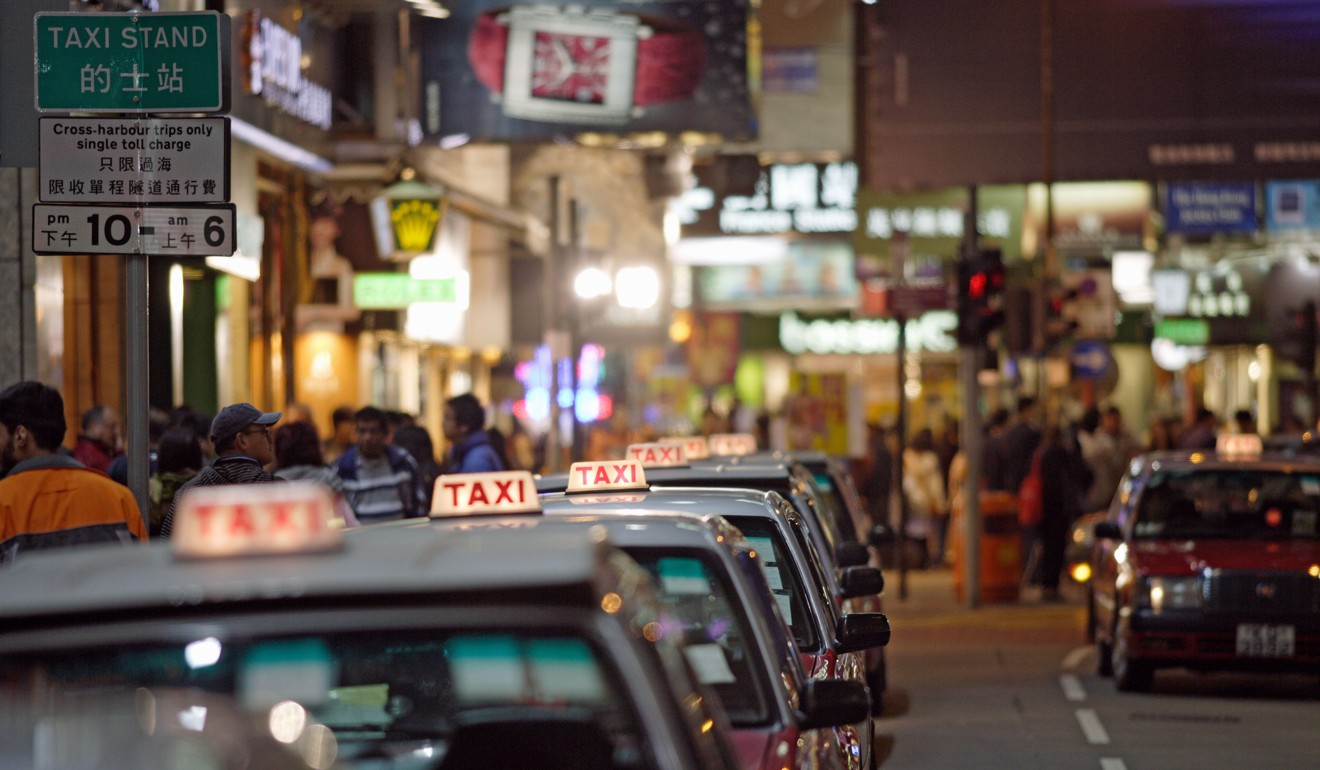
Hong Kong must face down golf club elite. Much more is at stake than land for housing
Philip Bowring says a government that defends the public interest would be mindful of the inequity of a private club occupying 170 hectares of prime residential land, at a time when the city is acutely short of affordable housing
When I first arrived in Hong Kong, there was a cricket pitch and club premises in the very heart of the city. Although many senior people in the administration were members, the then governor, Murray MacLehose, recognised that a private club catering to an elite and alien sport occupying such a prime position was aggravating to the majority of citizens. The club was required to decamp to Wong Nei Chung Gap. The central site became Chater Garden.
But this is not to attack all golf in Hong Kong, or indeed other leases of public land for clubs for sports (not fine dining). It is a question of size and location.
Why cannot the Hong Kong Golf Club be required to give up, say, one-third of its 170 hectares of prime residential land and be provided with an alternative, just as the Hong Kong Cricket Club was 44 years ago? This can be accomplished entirely within existing laws and practices. All that is needed is will.
Why not give the golf club similar hectares on Kau Sai Chau, for example, as that island already has three public courses and ferry facilities? Or some other island not suited for mass housing? There is no surprise that other private courses in Hong Kong – Discovery Bay and Clear Water Bay – have not become political issues. They are located in hilly country with no obvious high-density development potential.
The inability of Carrie Lam, Regina Ip and others to see the obvious inequity of the current situation is stark
A potential solution would only require some of the elite to travel to Kau Sai Chau (for example) if they wanted to play golf rather than just socialise. Genuine golfers without the money or connections to join private clubs are sufficiently keen on their sport to travel to the island, often at awkward hours because of the high demand.
With or without more golf, Hong Kong badly needs more recreational space and there are plenty of places, on islands in particular, where this could be provided without invading country parks. All it needs is imagination and a commitment of a fraction of the money needed for prestige projects of doubtful commercial, let alone social, value – such as a “world class” sports stadium at Kai Tak.

Note that the 40,000-seat (and still expandable) Hong Kong Stadium is grossly underused, partly thanks to the government kowtowing to wealthy local residents – most of whom moved there after the stadium was enlarged in 1994.
The last-ditch stand by the elite group ... is the most visible sign of Hong Kong being trapped by vested interests
The colonial government was fed the same story over public housing, working hours, and so on back in the 1960s and 1970s. On occasion, officials, not being quite as embedded in the mutual back-scratching network as today, stood their ground in promoting public interests.
It is hard to find such people today, even though mainland China is (at least in theory) returning to Marxist principles and emphasising common over private interests, social over monetary values, and equality over “to be rich is glorious”. Beijing is so obsessed with “one country” and fighting “independence” mirages that it lines up with vested against common interests. The natural result is that those who fight for grass-roots causes, such as on land and housing in the New Territories, are seen as anti-national. Speaking up is dangerous.
Meanwhile, the elite grovel to Beijing to protect their privileges while keeping their foreign passports hidden.
Of course, becoming rich is certainly not inglorious; it is to be admired. But being effortlessly rich if it relies on rentier rackets, such as taxi and minibus licences, should be another matter.

Clearly, there are ways which would give existing taxi drivers a better income, improve driving and service standards, and bring market systems to bear on pricing. The reason they are ignored is that too many influential people own an almost static number of taxi licences.
The golf club may be small in the overall land supply context. But it is now the “canary in the coal mine”. If ignored, one can forget about a rejuvenation of Hong Kong via competitive enterprise in an environment of social cohesion and mobility.
Philip Bowring is a Hong Kong-based journalist and commentator. He is an occasional golfer and active sailing member of the Royal Hong Kong Yacht Club

